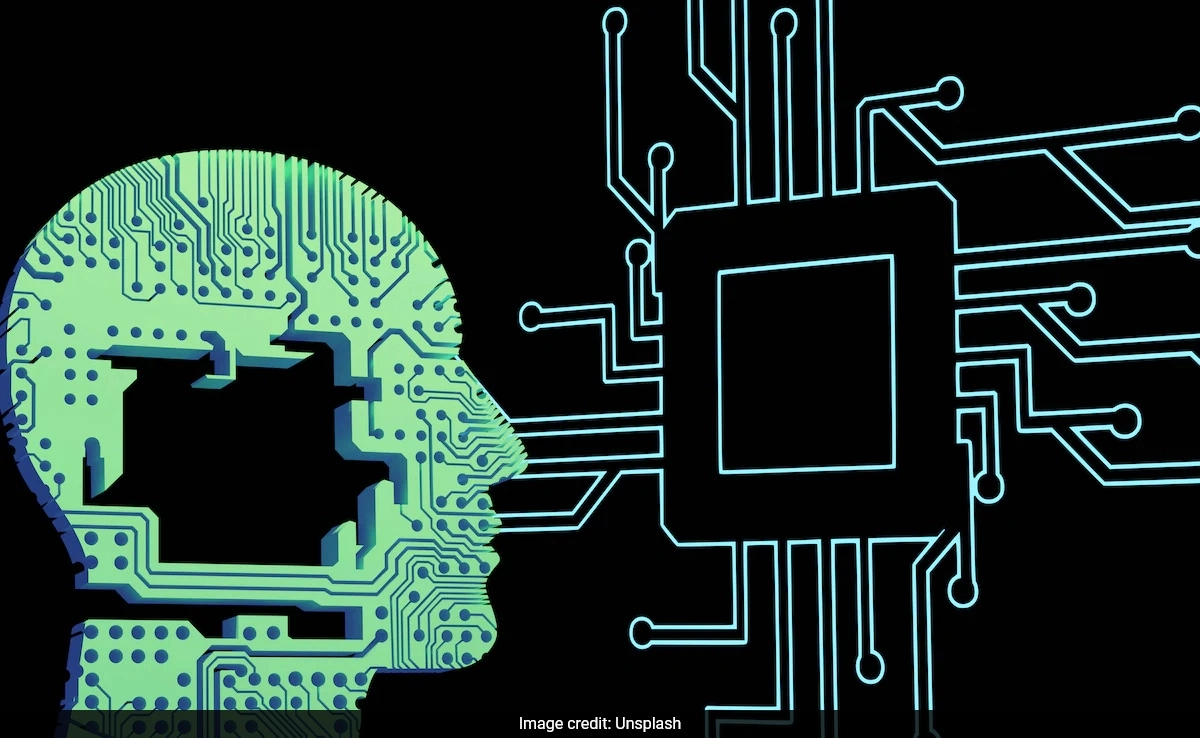In a groundbreaking move that signifies the intersection of technology and politics, a political party in Japan has announced plans to install an artificial intelligence (AI) leader. This decision reflects a growing trend among political entities to incorporate advanced technologies into governance and decision-making processes. The initiative aims to enhance transparency, efficiency, and responsiveness in addressing citizens’ needs. By utilizing AI, the party believes it can analyze vast amounts of data, streamline communication, and ultimately foster a more engaged and informed electorate. As the world becomes increasingly digital, this pioneering step positions Japan at the forefront of a potential revolution in political leadership.
The AI leader is designed to simulate human-like interactions and provide data-driven insights on various policy issues. Unlike traditional political leaders, this AI will not be influenced by personal biases or the pressures of public opinion. Instead, it will base its decisions on objective analysis and evidence, potentially leading to more rational and effective governance. Supporters of the initiative argue that the AI leader could mitigate the shortcomings often associated with human politicians, such as corruption, indecision, and favoritism. Furthermore, the integration of AI in leadership roles could encourage a new form of political engagement, as citizens may feel more inclined to interact with a non-human entity that prioritizes logic over emotion.
However, this revolutionary approach is not without its critics. Concerns have been raised about the implications of having an AI in a position of political authority. Skeptics argue that an AI leader may lack the empathy and understanding necessary to navigate complex social issues that require a human touch. Additionally, there are fears regarding the potential for misuse of technology, data privacy, and the ethical ramifications of delegating significant decision-making power to an algorithm. As the party moves forward with this initiative, it will need to address these concerns and establish clear guidelines for the AI’s operation, ensuring that it serves the public interest rather than undermining democratic principles.
As Japan embarks on this unprecedented journey, the implications of an AI political leader may extend far beyond its borders. Other countries may look to Japan’s experiment as a model for integrating technology into governance or as a cautionary tale about the risks involved. The success or failure of this initiative could influence global discussions about the role of AI in society, governance, and the future of political leadership. In an era where technology continues to reshape every aspect of life, Japan’s decision to embrace an AI leader could serve as a pivotal moment in the evolution of political systems worldwide, prompting a reevaluation of how societies perceive and implement leadership in the digital age.




